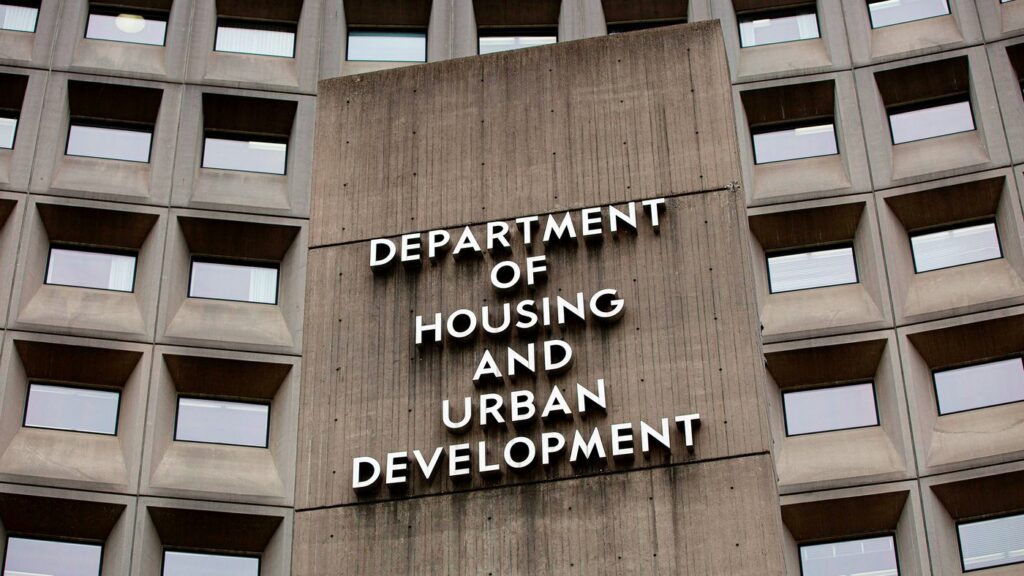U.S. Department of Housing & Urban Development (HUD) Secretary Scott Turner has announced that the Department has terminated the Biden-era 2021 Affirmatively Furthering Fair Housing (AFFH) rule, cutting red tape imposed on localities and returning decision-making power to local and state governments.
“Local and state governments understand the needs of their communities much better than bureaucrats in Washington D.C. Terminating this rule restores trust in local communities and property owners, while protecting America’s suburbs and neighborhood integrity,” Secretary Turner said.
History of the AFFH Rule
The AFFH Rule has experienced a push-pull relationship from its existence. Introduced by the Obama administration in 2015, the Affirmatively Furthering Fair Housing rule is a set of guidelines that require federal agencies to work to end housing discrimination. It mandated the completion of complex jurisdictional and regional analysis, submission of a 92-question grading tool, and an analysis of impediments. The rule is based on the Fair Housing Act of 1968—passed as part of the Civil Rights Act of 1968—which prohibits discrimination in housing based on race, color, religion, sex, disability, and more.
The AFFH was set forth to ensure that people in protected groups have housing options; to eliminate racial bias and segregation; to create inclusive communities; and to promote fair housing choice.
After the Obama administration implemented the AFFH rule, the Trump administration reversed the rule in 2020, and in 2021, the Biden administration restored the main provisions of the rule. AFFH requires federal agencies to use federal funding to help communities become more inclusive; to help jurisdictions understand how to address segregation-related issues; and encourage jurisdictions to consider how their housing and community development plans relate to other community needs.
“By terminating the AFFH rule, localities will no longer be required to complete onerous paperwork and drain their budgets to comply with the extreme and restrictive demands made up by the federal government,” added Turner. “This action also returns decisions on zoning, home building, transportation, and more to local leaders. As HUD returns to the original understanding and enforcement of the law without onerous compliance requirements, we can better serve rural, urban, and tribal communities that need access to fair and affordable housing.
With Secretary Turner’s action, a locality’s certification that it has affirmatively furthered fair housing, in accordance with the Fair Housing Act, would be deemed sufficient.
“We are aware of communities that have been neglected or negatively impacted due to the demands of recent AFFH rules,” said Turner. “Returning to the law as written will advance market-driven development and allow American neighborhoods to flourish.”





